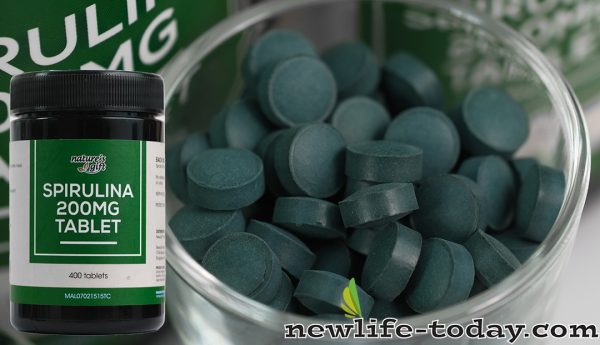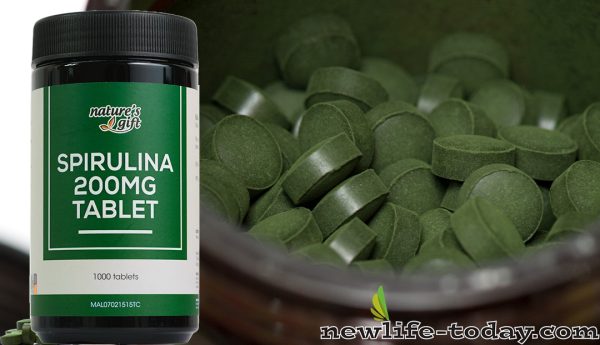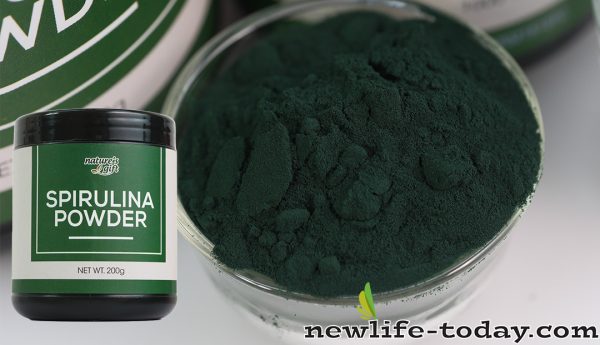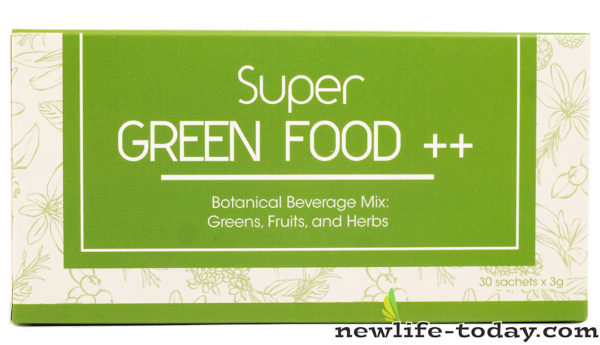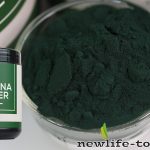Spirulina is a type of blue-green algae that has gained widespread popularity as a nutritional powerhouse and is commonly found in dietary supplements. Packed with a rich array of vitamins, minerals, proteins, and antioxidants, spirulina is often considered a superfood due to its impressive health benefits. It’s available in various supplement forms, including powders, tablets, and capsules, making it a convenient way to boost overall health. This article will explore the benefits of spirulina supplements, how they work, and why they’re an excellent addition to a balanced diet.
What is Spirulina?
Spirulina (Arthrospira platensis) is a type of cyanobacteria, commonly referred to as blue-green algae. It grows in both freshwater and saltwater environments and has been used as a food source for centuries, dating back to the Aztecs and ancient civilizations in Africa. Spirulina is highly valued for its nutritional content, particularly its high protein and antioxidant levels.
Spirulina supplements are typically made from dried and powdered spirulina algae, offering a concentrated form of its nutrients. It’s rich in essential amino acids, vitamins (including B vitamins and vitamin K), minerals (like iron and magnesium), and chlorophyll, which contribute to its numerous health benefits.
Benefits of Spirulina in Supplements
1. Rich in Nutrients
Spirulina is often regarded as one of the most nutrient-dense foods on the planet. It’s a complete protein, containing all nine essential amino acids, making it an excellent source of plant-based protein for vegetarians and vegans. Spirulina is also loaded with vitamins, including:
- Vitamin B1 (Thiamine): Helps convert food into energy and supports nervous system health.
- Vitamin B2 (Riboflavin): Essential for energy production and skin health.
- Vitamin B3 (Niacin): Aids in metabolism and helps reduce cholesterol levels.
- Vitamin B12: Important for red blood cell production and nerve function (though in a form that may not be as bioavailable as animal sources).
- Vitamin K: Supports bone health and proper blood clotting.
In addition to these, spirulina is rich in important minerals like iron, magnesium, potassium, and calcium, all of which contribute to overall health and vitality.
2. Boosts Immune System Function
Spirulina contains compounds that can help strengthen the immune system. Studies suggest that spirulina can enhance the production of antibodies and promote the activity of immune cells like macrophages and lymphocytes. The antioxidants in spirulina, such as phycocyanin and beta-carotene, also play a key role in protecting immune cells from oxidative stress.
By supporting immune function, spirulina may help the body fight off infections more effectively, making it a great supplement to include during flu season or for those who are prone to illness.
3. Rich in Antioxidants
One of the most significant benefits of spirulina is its potent antioxidant properties. Spirulina contains a unique pigment called phycocyanin, which not only gives the algae its blue-green color but also acts as a powerful antioxidant. Phycocyanin helps combat oxidative stress by neutralizing free radicals in the body, which can otherwise lead to inflammation and contribute to the development of chronic diseases such as heart disease, diabetes, and cancer.
In addition to phycocyanin, spirulina is also rich in beta-carotene (a precursor to vitamin A) and other antioxidants that help protect cells from oxidative damage, promoting healthier aging and reducing the risk of degenerative diseases.
4. Supports Heart Health
Several studies have shown that spirulina can have a positive impact on cardiovascular health. The antioxidants in spirulina, especially phycocyanin, may help reduce inflammation and oxidative stress in the cardiovascular system, contributing to healthier blood vessels and heart function.
Spirulina has also been found to help lower blood cholesterol levels, particularly LDL (bad cholesterol), while raising HDL (good cholesterol) levels. Additionally, it may help regulate blood pressure by improving endothelial function (the lining of blood vessels) and promoting vasodilation (the widening of blood vessels), thus reducing the strain on the heart.
5. Promotes Muscle Strength and Endurance
Because spirulina is a complete protein source and rich in iron, it can help support muscle strength and endurance. Athletes and active individuals may find spirulina particularly beneficial, as it helps in the repair and growth of muscle tissues after exercise.
Some studies have suggested that spirulina can enhance exercise performance, reduce muscle fatigue, and improve endurance by increasing oxygen uptake during physical activity. Spirulina’s antioxidant content also helps reduce muscle damage caused by oxidative stress, potentially speeding up recovery times.
6. Supports Detoxification
Spirulina has natural detoxifying properties that help rid the body of harmful toxins. The high levels of chlorophyll found in spirulina support the liver in its detoxification processes, promoting the elimination of heavy metals and other waste products from the body.
In addition to chlorophyll, spirulina contains compounds that can help bind and remove toxins, ensuring that the body stays clean and free from pollutants. This makes spirulina a valuable supplement for anyone looking to support their body’s natural detoxification processes.
7. Improves Digestive Health
Spirulina is rich in fiber, which is essential for maintaining a healthy digestive system. Fiber promotes regular bowel movements, helps prevent constipation, and supports the growth of beneficial gut bacteria. Spirulina may also help reduce inflammation in the digestive tract, potentially benefiting individuals with inflammatory bowel diseases like Crohn’s disease or ulcerative colitis.
By supporting gut health and improving digestion, spirulina can contribute to overall wellness and better nutrient absorption.
8. May Aid in Weight Management
Spirulina is low in calories but high in nutrients, making it an excellent addition to a weight management plan. The protein and fiber in spirulina can help increase feelings of fullness, potentially reducing overall calorie intake. Additionally, spirulina’s anti-inflammatory and antioxidant effects may help improve metabolism and fat metabolism, further supporting weight loss or weight maintenance efforts.
How to Use Spirulina Supplements
Spirulina supplements come in various forms, with the most common being powders, tablets, and capsules. The recommended dosage can vary depending on the specific supplement and its concentration, but typical doses range from 1 to 3 grams of spirulina powder per day. Some individuals may take up to 5 grams daily, depending on their health goals and needs.
Spirulina powder can be easily added to smoothies, juices, or water for a nutrient-packed drink. Capsules and tablets provide a more convenient option for those who prefer a quick and easy way to get their daily dose.
Potential Side Effects and Considerations
While spirulina is generally considered safe for most people, there are a few things to keep in mind:
- Allergic Reactions: Some individuals may experience allergic reactions to spirulina, including rashes, itching, or difficulty breathing. If any of these symptoms occur, it’s important to discontinue use and consult a healthcare provider.
- Contamination Risk: Spirulina harvested from contaminated waters can be contaminated with toxins like heavy metals, bacteria, or microcystins (harmful toxins produced by algae). To reduce this risk, it’s essential to choose spirulina supplements from reputable brands that source their products from clean, controlled environments.
- Pregnancy and Breastfeeding: Although spirulina is generally considered safe, pregnant or breastfeeding women should consult with a healthcare provider before using spirulina supplements to ensure they are appropriate for their individual situation.
Conclusion
Spirulina is a nutrient-dense superfood that provides a wide range of health benefits. From boosting immune function and improving heart health to supporting muscle strength, detoxification, and digestive health, spirulina is a versatile supplement that can enhance overall wellness. Its high protein content, antioxidants, and essential vitamins and minerals make it a powerful addition to any diet.
If you’re looking for a natural way to increase your nutrient intake, support your immune system, or improve your athletic performance, spirulina supplements may be just what you need. As with any supplement, it’s important to choose a high-quality product and consult with a healthcare provider if you have any concerns or pre-existing health conditions.
